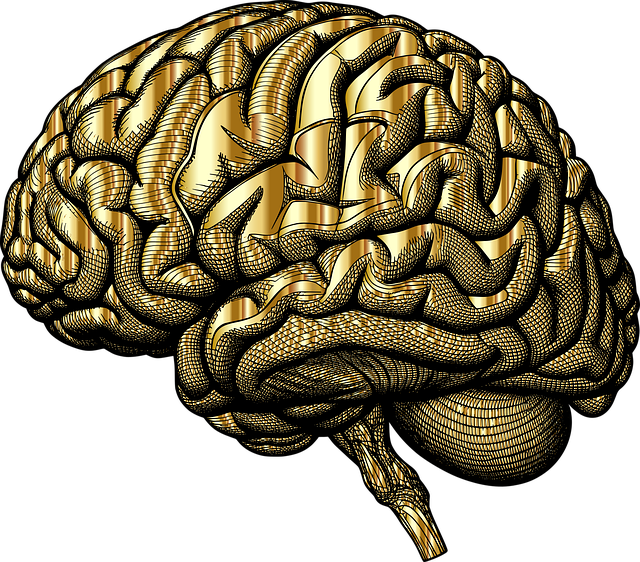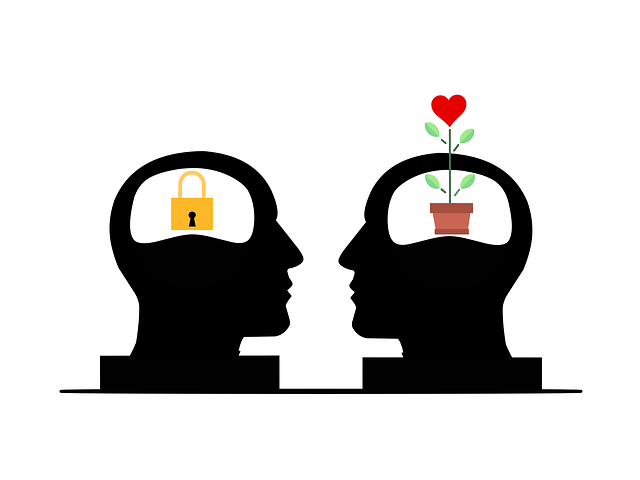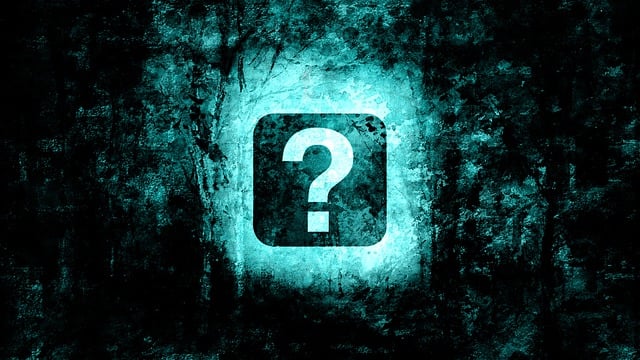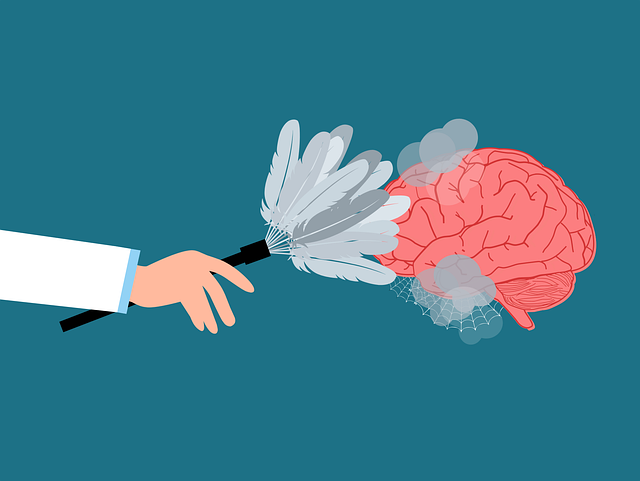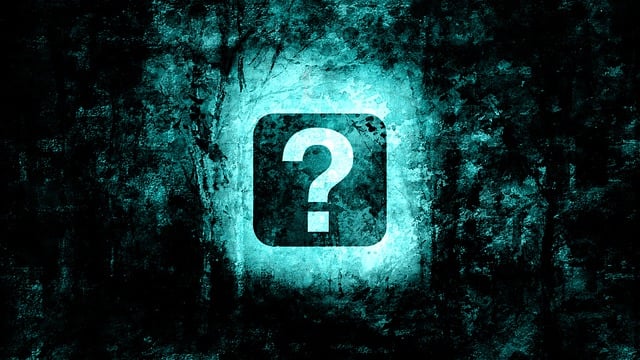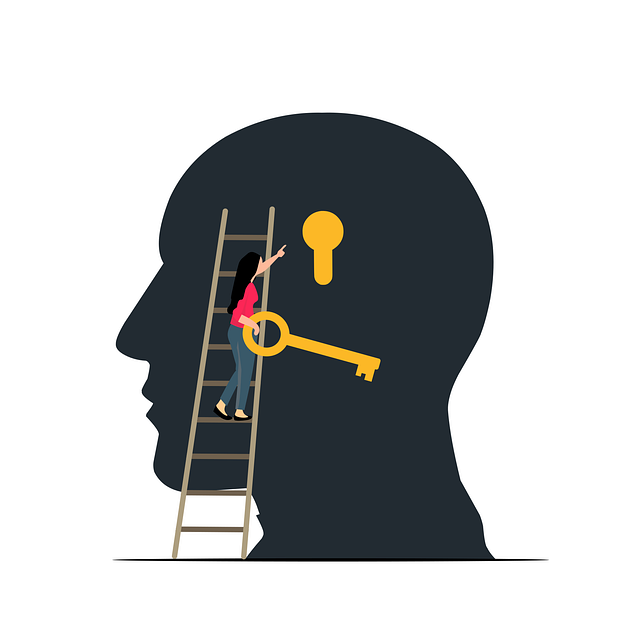In Boulder, where understanding dissociative disorders is crucial, a comprehensive marketing strategy for a mental wellness app should focus on aligning content with locals' unique needs, including identity fragmentation and disassociation from reality. Promoting apps tailored to dissociative disorder recovery, alongside tools for healthcare providers and mental health education, can significantly help the community. A competitive market requires these apps to offer innovative therapeutic techniques, depression prevention tools, and personalized support, appealing to those seeking specialized digital care. Strategic marketing through social media, influencer partnerships, engaging online communities, and providing free trials fosters trust and supports users' recovery journeys, including Boulder Dissociative Disorder Therapy (DDT).
In the ever-evolving digital landscape, addressing mental wellness has become a paramount focus. This article delves into the strategic development of marketing campaigns for mental wellness apps, with a specific lens on serving Boulder’s community grappling with dissociative disorders. By understanding the unique needs of this population, we’ll explore crafting a distinct value proposition for dissociative therapy apps. We’ll also uncover effective marketing channels and engagement strategies to reach and support users in need within Boulder and beyond.
Keywords: Boulder Dissociative Disorder Therapy
- Understanding Mental Health Needs: Targeting Boulder's Dissociative Disorder Community
- Crafting a Unique Value Proposition: What Sets Dissociative Therapy Apps Apart?
- Marketing Channels and Engagement Strategies: Reaching and Supporting Users in Need
Understanding Mental Health Needs: Targeting Boulder's Dissociative Disorder Community

In Boulder, understanding the unique mental health needs of its community is paramount, especially when addressing dissociative disorders. This often-overlooked condition requires specialized care and tailored support. Many individuals in Boulder struggling with dissociative disorder seek therapy to manage symptoms that can include identity fragmentation, memory lapses, and disassociation from reality. A comprehensive marketing strategy for a mental wellness app should recognize this specific need.
Targeting the local community involves creating content that resonates with those facing these challenges. Promoting apps designed to support dissociative disorder recovery alongside burnout prevention strategies for healthcare providers and mental health education programs can be highly effective. By offering anxiety relief tools and resources, an app can position itself as a valuable ally in Boulder’s mental health landscape, catering specifically to the needs of those managing dissociative disorders while also addressing broader wellness concerns prevalent among the community.
Crafting a Unique Value Proposition: What Sets Dissociative Therapy Apps Apart?

In the realm of mental wellness apps, crafting a unique value proposition is paramount to standing out in a competitive market, especially for those focusing on specialized areas like dissociative disorder therapy. Apps designed for Boulder Dissociative Disorder Therapy need to offer something distinct and valuable that sets them apart from general mental health applications. One key differentiator could be the integration of innovative therapeutic techniques tailored to address specific needs of individuals dealing with dissociative disorders.
By designing Mental Health Education Programs focused on raising awareness, promoting self-care practices, and providing coping mechanisms, these apps can offer a holistic approach to healing. Incorporating features for Depression Prevention and boosting user confidence through interactive exercises can significantly enhance the user experience. Effective dissociation management strategies, combined with educational content and personalized support, create a compelling value proposition that appeals to those seeking specialized and comprehensive care in the digital realm.
Marketing Channels and Engagement Strategies: Reaching and Supporting Users in Need

Reaching and supporting users in need of mental wellness resources is a multi-faceted task, especially within a diverse market like healthcare. For an app focusing on Boulder Dissociative Disorder Therapy (DDT), a comprehensive marketing strategy should utilize various channels to create awareness and build trust. Social media platforms, particularly those with a focus on mental health communities, can be powerful tools for engaging users directly. Influencer partnerships and user-generated content campaigns can help humanize the app and showcase its benefits, making it more accessible to individuals struggling with dissociative disorders.
Moreover, leveraging online forums and support groups dedicated to mental health, burnout prevention (targeting healthcare providers), and stress management workshops can foster a sense of community around the app. Offering free trial periods or exclusive content within these communities encourages engagement and word-of-mouth promotion. Additionally, collaborating with established organizations in the mental health space for joint initiatives ensures visibility among targeted audiences, ultimately supporting users on their path to recovery and resilience.
In developing a marketing strategy for a mental wellness app, particularly catering to individuals with dissociative disorders in Boulder, it’s crucial to understand the unique needs of this community. By crafting a compelling value proposition that highlights the specificity of dissociative disorder therapy, and leveraging targeted marketing channels and engagement strategies, apps can effectively reach and support users in need. For instance, utilizing social media platforms and collaborating with local mental health organizations can help spread awareness about Boulder Dissociative Disorder Therapy options available through digital apps. This holistic approach ensures that those seeking specialized support receive it, fostering a healthier and more connected community.
